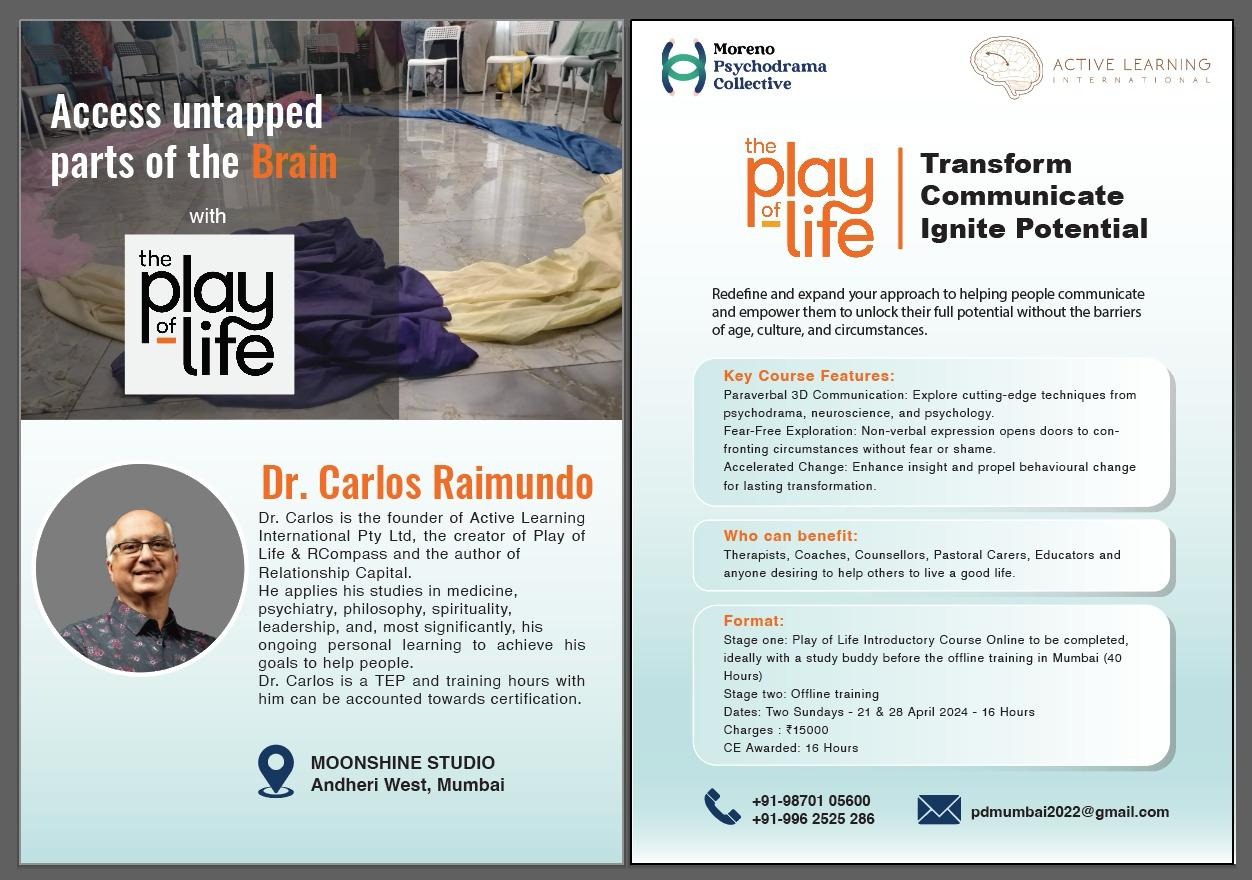How can I make the most of life?
Apr 10
/
Dr. Carlos Raimundo
This narrative contemplates the multifaceted roles one can assume in life's journey—tourist, pilgrim, and explorer—each offering distinctive perspectives. Drawing from personal experiences in Spain, the author navigates the shift from detached tourism to empathetic pilgrimage, unravelling valuable insights on presence and compassion. The exploration expands to the transformative potential of being an intentional explorer, delving into personal growth or profound experiences. Through familial anecdotes, the narrative underscores the importance of "just being" as a profound state of mind. Encouraging a harmonious blend of these roles, the text advocates for embracing diverse approaches, recognizing their unique merits, and navigating life's journey with purpose.
If I discern when to be a tourist, pilgrim, or explorer:
In the journey of life, we can travel as tourists, pilgrims, or explorers. But sometimes, we just need to "be" with ourselves and what surrounds us at the moment.
If I discern when to be a tourist, pilgrim, or explorer:
In the journey of life, we can travel as tourists, pilgrims, or explorers. But sometimes, we just need to "be" with ourselves and what surrounds us at the moment.
Being a Tourist
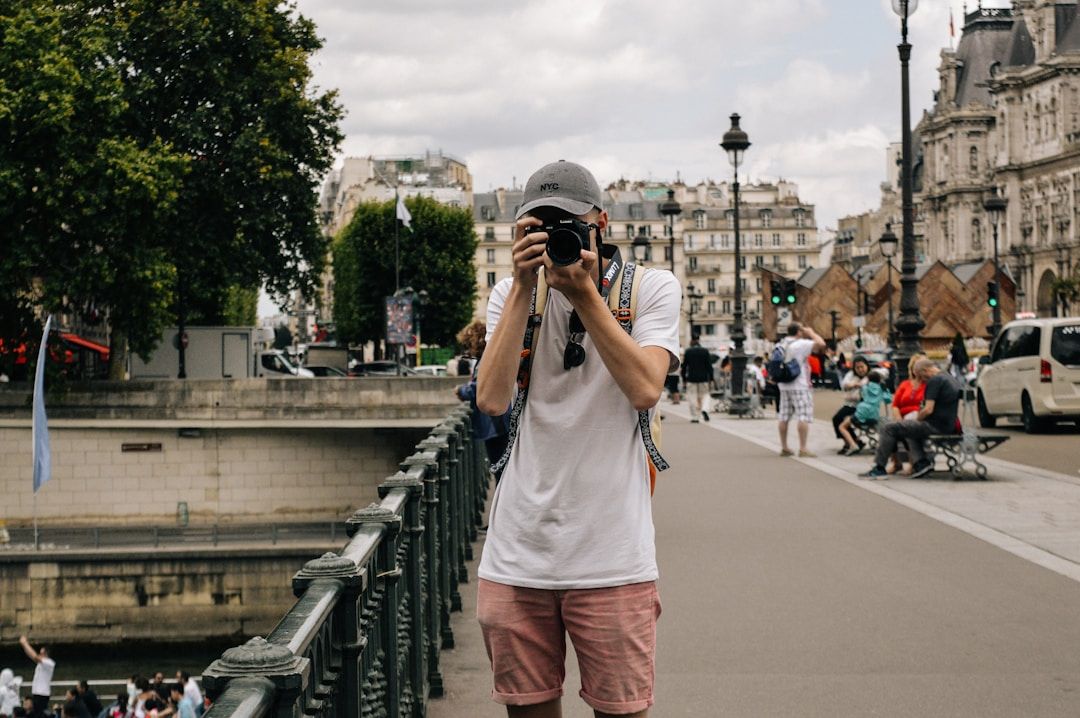
A tourist goes from town to town, looks at landscapes, visits museums, and gathers gifts and souvenirs, taking great pictures and videos to later remember and share those moments with others. They leave the town with impressions in their camera and mind but without emotional impact. They look but are not interested in seeing; they listen but do not hear; they taste different foods but do not connect with the culture of those who prepared them. They relate physically to what they encounter but not emotionally. The same person that walked into the town is the same person that left, with just more photos or souvenirs.
Being a Pilgrim
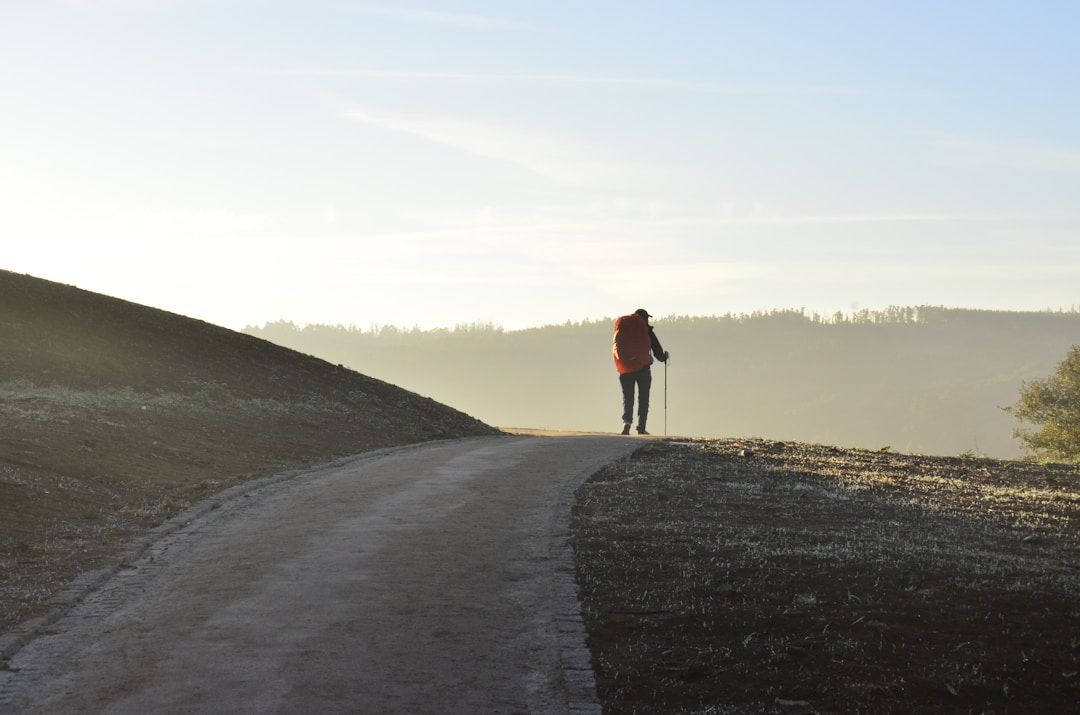
The pilgrim may do the same but takes the time to feel, resonate, and experience emotionally and intellectually with what is around them. The person that leaves a town or landscape is different from the person that entered. Something has happened. They may have mementos from the trip, but the most important is the emotional, spiritual, and mental enrichment they have gained.
On one of my trips to Spain, I had to fly from Santiago de Compostela to Madrid. This was my second visit to Santiago. I organised to spend two days there as I wanted to know more about the city and the famous Cathedral where pilgrims complete the El Camino pilgrimage. After a 2-hour trip from Lugo, I settled in a 1000-year-old house transformed into a hotel. I then went for a stroll in the city, enjoying walking on Middle Ages roads, having conversations with people, and relishing the wonderful Galician food. When I returned to the hotel, I spent some time going through the day, capturing different moments and reflecting on my experiences—a process in Ignatian practice called the Examen. I started with the warm farewell to my friends in Lugo, the comfortable bus trip to Santiago, and my walk around the small streets of the city.
On one of my trips to Spain, I had to fly from Santiago de Compostela to Madrid. This was my second visit to Santiago. I organised to spend two days there as I wanted to know more about the city and the famous Cathedral where pilgrims complete the El Camino pilgrimage. After a 2-hour trip from Lugo, I settled in a 1000-year-old house transformed into a hotel. I then went for a stroll in the city, enjoying walking on Middle Ages roads, having conversations with people, and relishing the wonderful Galician food. When I returned to the hotel, I spent some time going through the day, capturing different moments and reflecting on my experiences—a process in Ignatian practice called the Examen. I started with the warm farewell to my friends in Lugo, the comfortable bus trip to Santiago, and my walk around the small streets of the city.
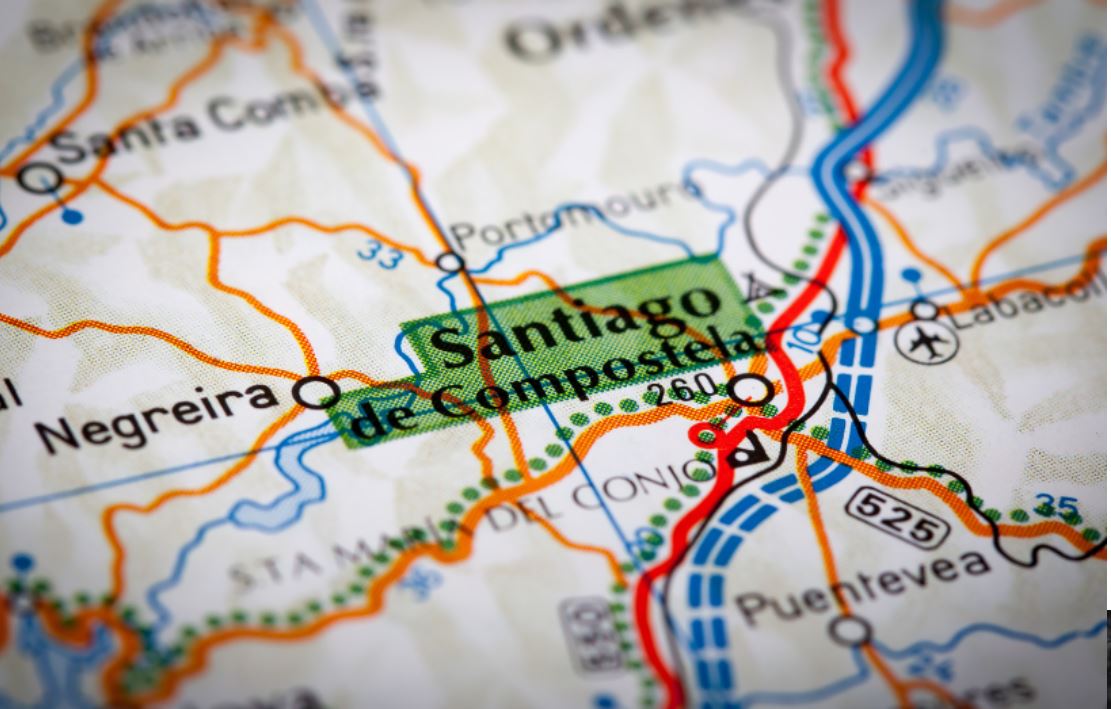
Suddenly, a memory of a 'cling-cling' sound came to mind. It was the sound of the coins I threw into a metal plate a woman had for limosna, alms, on the sidewalk of a street close to a church. I was surprised by the clarity of the sound. I was also shocked that I couldn't remember her face, and I wasn't even sure if the person was a woman or a man. On my walks in the city, I often feel the need to give something to some people asking for help in the streets. Am I motivated by compassion, or is it just pity? Something I need to think about. I don't remember to whom else I gave some money, but that one with the metal plate stood out.
I was shocked by my condescending attitude of heart and, most importantly, by not even remembering the person. I realised I didn't give money to a person, but that I threw the coins to someone I treated as an 'It.' I couldn't believe my emotional disconnection and pathetic arrogance. I was aware I was a tourist; that was just part of the landscape. Why did I do that?
I was shocked by my condescending attitude of heart and, most importantly, by not even remembering the person. I realised I didn't give money to a person, but that I threw the coins to someone I treated as an 'It.' I couldn't believe my emotional disconnection and pathetic arrogance. I was aware I was a tourist; that was just part of the landscape. Why did I do that?
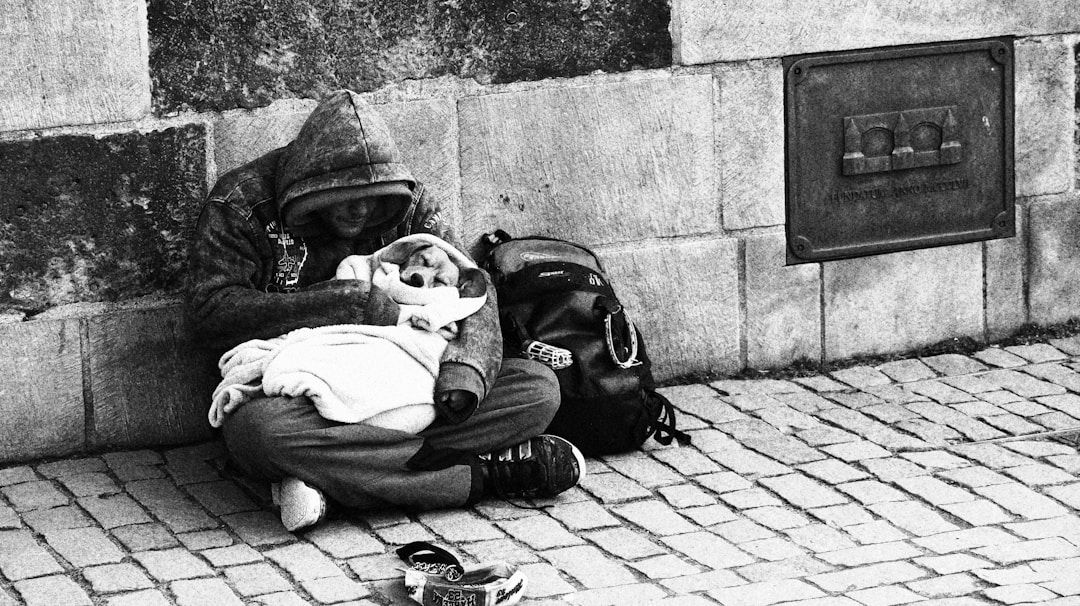
That question helped me to do some personal work, exploring myself. That night I went to sleep with the desire to be more present with those I related to. I woke up, setting up my desire for the day and being a pilgrim. My warm-up modified my attitude.
Soon after I left my hotel, I met Maria, sitting by a church. I paused, lowered myself to be closer to her sitting position, and asked her name and if she was local. Yes, she lived in Santiago all her life. She told me about her family and her circumstances. I learned from Maria about her dedication to family and support for her husband who works in another city. She told me how she plans the day every morning—sending her son to school, preparing the meal for dinner when her husband returns home, and then walking, every day, to the same place with Clarita, her eight-month-old daughter to earn some money for the family. Her work was strategic, planned, and she felt proud of the best way she was able to contribute to the family, boosting her husband's precarious salary. She used to be a cleaner in family homes, but she couldn't continue after she had her baby daughter, whom she needed to breastfeed. After a few hours, she returns home and prepares the meal for the family. I learned from Maria that every work is honourable. Maria is often in my thoughts; I started learning about being a pilgrim. That experience, among many others I had in the city, made me a different person from the one that arrived the day before in Santiago.
We can be tourists or pilgrims in everything we do—reading a book, watching a movie or a sunset, having a conversation with a friend, partner, or while being with our children. The tourist doesn't need to relate much to what they are encountering, but the pilgrim relates with the other and the environment they experience and encounter.
My father was good at this. Often, after a conversation or sharing a meal together, he'd say, with a content and satisfied face, "this was a great time! Wasn't it?" He was anchoring the moment, the encounter; he was a pilgrim. He, on a trip, would stop the car and walk towards wildflowers on the road, touch them with gentleness, admiration, and awe. He'd come back to the car filled with wonder, saying, "this is my God!" and we continued. He was a pilgrim. He would recall those encounters later, so they stayed in his heart.
In certain moments of the journey, some things may motivate or invite us to go a bit further, venturing deeper into an experience. It's an invitation to become an explorer.
Soon after I left my hotel, I met Maria, sitting by a church. I paused, lowered myself to be closer to her sitting position, and asked her name and if she was local. Yes, she lived in Santiago all her life. She told me about her family and her circumstances. I learned from Maria about her dedication to family and support for her husband who works in another city. She told me how she plans the day every morning—sending her son to school, preparing the meal for dinner when her husband returns home, and then walking, every day, to the same place with Clarita, her eight-month-old daughter to earn some money for the family. Her work was strategic, planned, and she felt proud of the best way she was able to contribute to the family, boosting her husband's precarious salary. She used to be a cleaner in family homes, but she couldn't continue after she had her baby daughter, whom she needed to breastfeed. After a few hours, she returns home and prepares the meal for the family. I learned from Maria that every work is honourable. Maria is often in my thoughts; I started learning about being a pilgrim. That experience, among many others I had in the city, made me a different person from the one that arrived the day before in Santiago.
We can be tourists or pilgrims in everything we do—reading a book, watching a movie or a sunset, having a conversation with a friend, partner, or while being with our children. The tourist doesn't need to relate much to what they are encountering, but the pilgrim relates with the other and the environment they experience and encounter.
My father was good at this. Often, after a conversation or sharing a meal together, he'd say, with a content and satisfied face, "this was a great time! Wasn't it?" He was anchoring the moment, the encounter; he was a pilgrim. He, on a trip, would stop the car and walk towards wildflowers on the road, touch them with gentleness, admiration, and awe. He'd come back to the car filled with wonder, saying, "this is my God!" and we continued. He was a pilgrim. He would recall those encounters later, so they stayed in his heart.
In certain moments of the journey, some things may motivate or invite us to go a bit further, venturing deeper into an experience. It's an invitation to become an explorer.
Digging Deeper, Being an Explorer
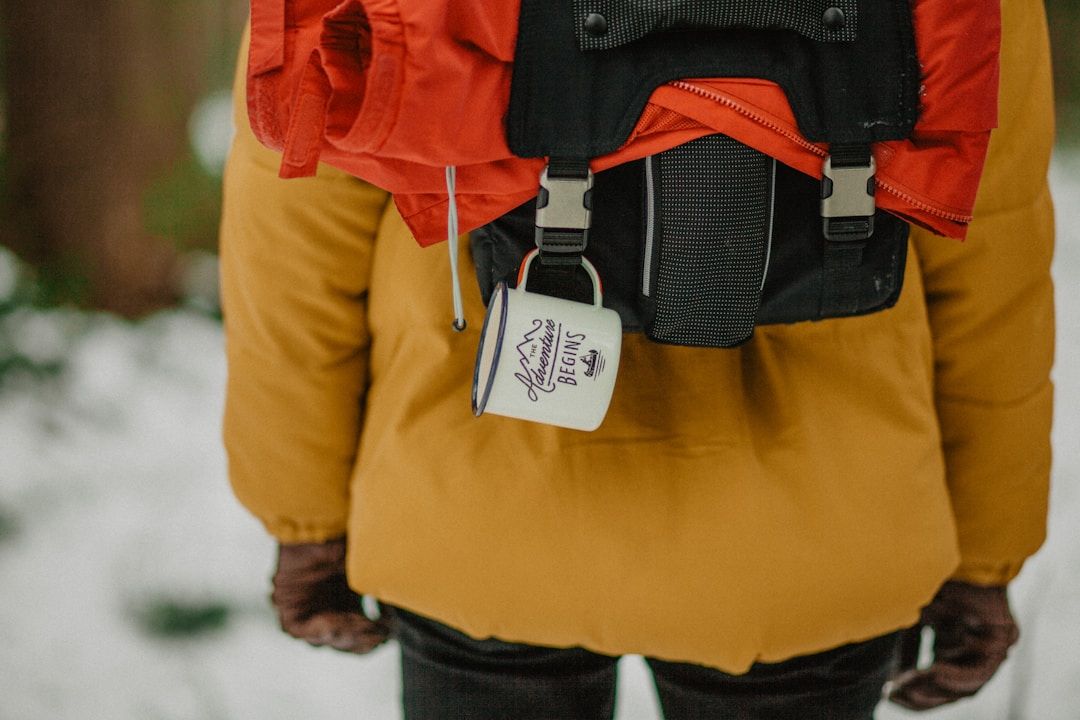
An explorer is someone who may have intentionally planned a journey with the purpose of digging deeper into something important for them. It may include an investigation into the life of animals, the cosmos, the mind, or an archaeological dig. Or an exploration into oneself, a personal growth journey, or a faith and spirituality experience. It's giving curiosity, a "what else is there I don't know?" a new level—an incursion to discover possible new paradigms expanding knowledge, experience, the mind, and the heart. It's being curious with a purpose. Curiosity helps us walk into new spaces with an open mind that may lead to transcendental and long-lasting effects. Curiosity fosters creativity.
The call to explore can also come unexpectedly while we're enjoying being just a tourist or we're in a type of pilgrimage or just meditating. It's an invitation to pause, to stop, and wonder. To stay there! What has grabbed our attention could be an opportunity to expand our curiosity and dig deeper. It could be something not to be missed. A possible sacred space of growth.
The call to explore can also come unexpectedly while we're enjoying being just a tourist or we're in a type of pilgrimage or just meditating. It's an invitation to pause, to stop, and wonder. To stay there! What has grabbed our attention could be an opportunity to expand our curiosity and dig deeper. It could be something not to be missed. A possible sacred space of growth.
Just "Be"
Just "be" is, for me, one of the most difficult states of mind and body. It's easier for those who practise some kind of meditation or contemplation, but it's not an automatic state of mind; it has to be learned. Exercises to quiet and control the mind, emotions, and body have been practised for millennia. Quieting the mind is not easy. It is said that we can control mosquitoes flying around our heads, but we cannot control the thoughts in our minds. There are moments in life when we don't need to be a tourist, a pilgrim, or an explorer; we'll benefit by just being there, perceiving the environment around us, calming emotions and thoughts. And how to be with someone else at the moment, enjoying the time without having any objective or purpose.
Which One Should I Be? Which One Is Right?
No one is right or wrong; we may even merge and move from one to another. The most important thing is to be present and notice who I am at that moment. I may catch myself doing something that may need to be changed, as it's more appropriate for that occasion.
Which One Should I Be? Which One Is Right?
No one is right or wrong; we may even merge and move from one to another. The most important thing is to be present and notice who I am at that moment. I may catch myself doing something that may need to be changed, as it's more appropriate for that occasion.
Enjoy the ride! Make the most of this program for life. Every way of approaching the journey, each lesson, as a tourist, pilgrim, explorer, or just being with it has its merit; they are just different. Use the one that suits you. Make the best of it.

A 3D method to fast-track insight & behavioural modification for a happier life at work & at home. All Play of Life courses, articles and apps in one place.
Connect with us
Copyright © 2023

